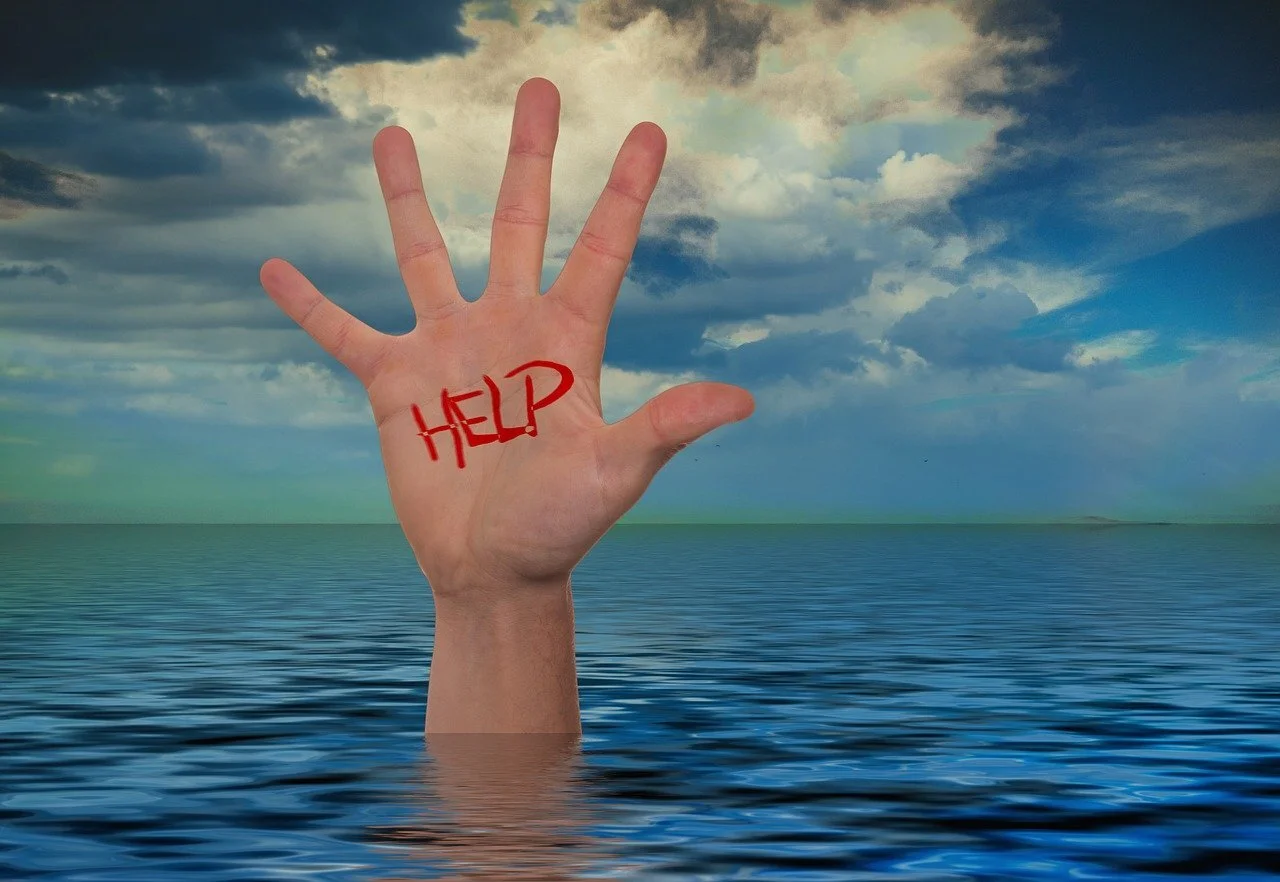Accepting reality
It has been a long time since I last wrote a post, apologies. The truth is, life sometimes gets in the way and even though I am making progress in managing my mental health, sometimes it can still be totally debilitating.
However, as I have mentioned several times before, the idea of this blog is to give an accurate and honest reflection of life with EUPD and that includes the not-so-good times.
Since I last wrote, I have had two intensive periods of Crisis/home treatment support and spent three weeks in a mental health hospital. That marks the first admission I have had in three and a half years, and as such, the biggest decline in my mental health since I left the Cassel Hospital in early 2018. I have also experienced an increase in my attendance at general hospital due to self harm related issues.
Whilst I am not proud of those facts, nor am I ashamed of them. As I frequently tell people as an expert by experience, recovery is a ongoing process and it most certainly isn’t linear.
At first, I was very reluctant to go back into hospital. There were several reasons for this (not least because my last admission to acute hospital was so traumatic) but one was because it initially felt like a backwards step. I felt like I couldn’t go back because I am supposed to be so much better than I was, things are supposed to be different now, I shouldn’t need that intensive level support anymore. But a couple of people pointed out to me that going back there wasn’t actually a return to how things were, I am in a different place now and as such the admission was inevitably going to be different, serve a different purpose. The more I have thought about it, the more I believe that this is true. Four years ago this week I was admitted to hospital and immediately made a serious attempt on my life that left me in a coma and got me sectioned. Eight weeks ago, I was in hospital as a voluntary patient, trying to manage my destructive behaviours and intrusive thoughts with tools I couldn’t have accessed before, let alone used.
What’s more, who is it that is piling all these ‘shoulds’ and ‘shouldn’ts’ on people with mental illness? Who is it deciding that once you are so much more well than you were, you can’t go back, regress, or more accurately, become ill again? No one blames people with physical illness if they experience a relapse in their symptoms despite doing everything they can to conform with treatment plans and recovery goals, why then do people have that expectation of mental illness?
I think I felt that expectation even more acutely because of the work I have been doing as an expert by experience. I tell my story to people, speak about how terrible things were and how far I have come with a lot of hard work. In response, people congratulate me and say how pleased they are for me - that I have got better despite the odds and despite it being so hard. I think I was afraid of letting these people (many of whom I will never see again), down. I was afraid of no longer being ‘better’ but returning to the role of ‘patient’, afraid that my treatment hadn’t in fact cured me and life isn’t now all tied up with a bow. But that’s ok. Real life is real life and sometimes shit happens that rattles you.
I have realised over the past couple of months that expectations such as those above are unrealistic, whether I hold them myself or whether other people do. If anything, my experiences recently can actually add to my story, show people that this is an ongoing battle, that there isn’t an easy fix that will sort everything forever.
I still maintain my hope and belief that as time goes on I will become better at managing my emotions and behaviours, that my mental health will become more and more stable and that there will be longer gaps between crises like the ones I have experienced recently. The fact that I have had three and a half years admission free until now, confirms this.
However, as World Mental Health Day approaches this weekend, I think it is important that we are realistic about mental illness. Yes of course we should all strive for the best mental health we can achieve, and promote good mental health for all, but we need to remember that for those living with mental illness, things are often difficult long term and that we should not place unrealistic expectations for them to get better just because it fits nicely into the rhetoric.





